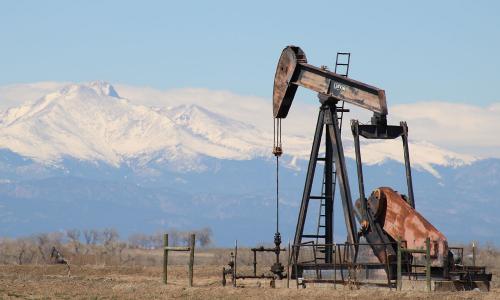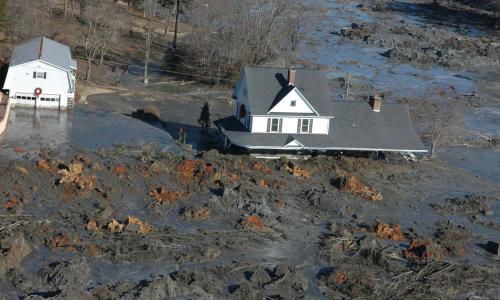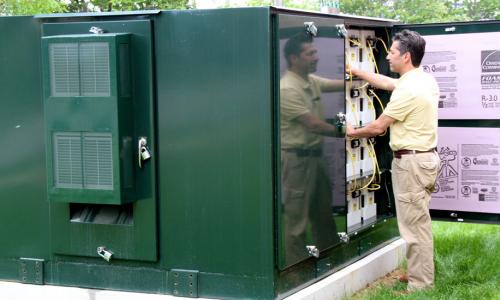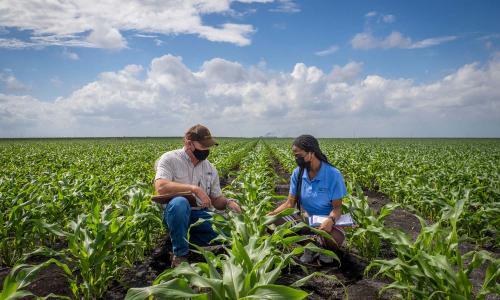All reports
Report

One Year of Science Under Biden
UCS experts and analysts evaluate the Biden-Harris administration's actions across nine issue areas.
Report

Diesel Pollution in MA
Exhaust from diesel trucks and buses is a leading source of harmful air pollution that sends Massachusetts residents to the hospital every year.
Report

Diesel Pollution in NY
Exhaust from diesel trucks and buses is a leading source of harmful air pollution that sends New Yorkers to the hospital every year.
Report

Wind Oversupply Myths
Wind energy is being thrown away—not because there’s too much of it, but because the grid hasn't caught up.
Report

Environmental Racism in the Heartland
A legacy of systemic racial discrimination has left communities in the Kansas City area disproportionately exposed to health-damaging pollutants.
Report

The Fossil Fuel Industry and Colorado
The oil and gas industry has used deceptive tactics to exert outsized political control in Colorado.
Report

Coal Ash Cleanup Benefits
Cleaning up coal ash sites the right way would alleviate water contamination, address environmental justice issues, and create more jobs than current site owner plans.
Report

Energy Storage FAQ
Frequently asked questions about battery storage.
Report

Becoming a Federal Scientist
A toolkit to help scientists navigate the process of applying for government jobs.
Report

Assessment of Air Pollution Impacts and Monitoring Data Limitations of a Spring 2019 Chemical Facility Fire
A peer-reviewed article in Environmental Justice.
Report

From Silos to Systems
Diet-related disease, climate change, and environmental degradation exact an enormous toll on human and planetary health. These challenges can be addressed in part by shifting what we eat and how we produce food.
Report

3 Challenges, 3 Errors, and 3 Solutions to Integrate Frontline Communities in Climate Change Policy and Research
A peer-reviewed article in Perspective.